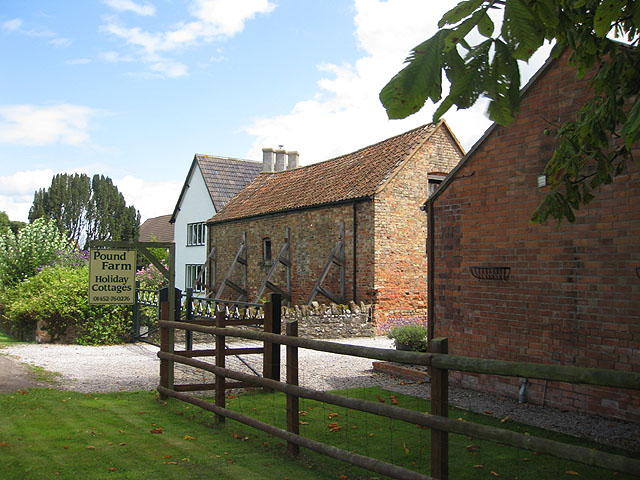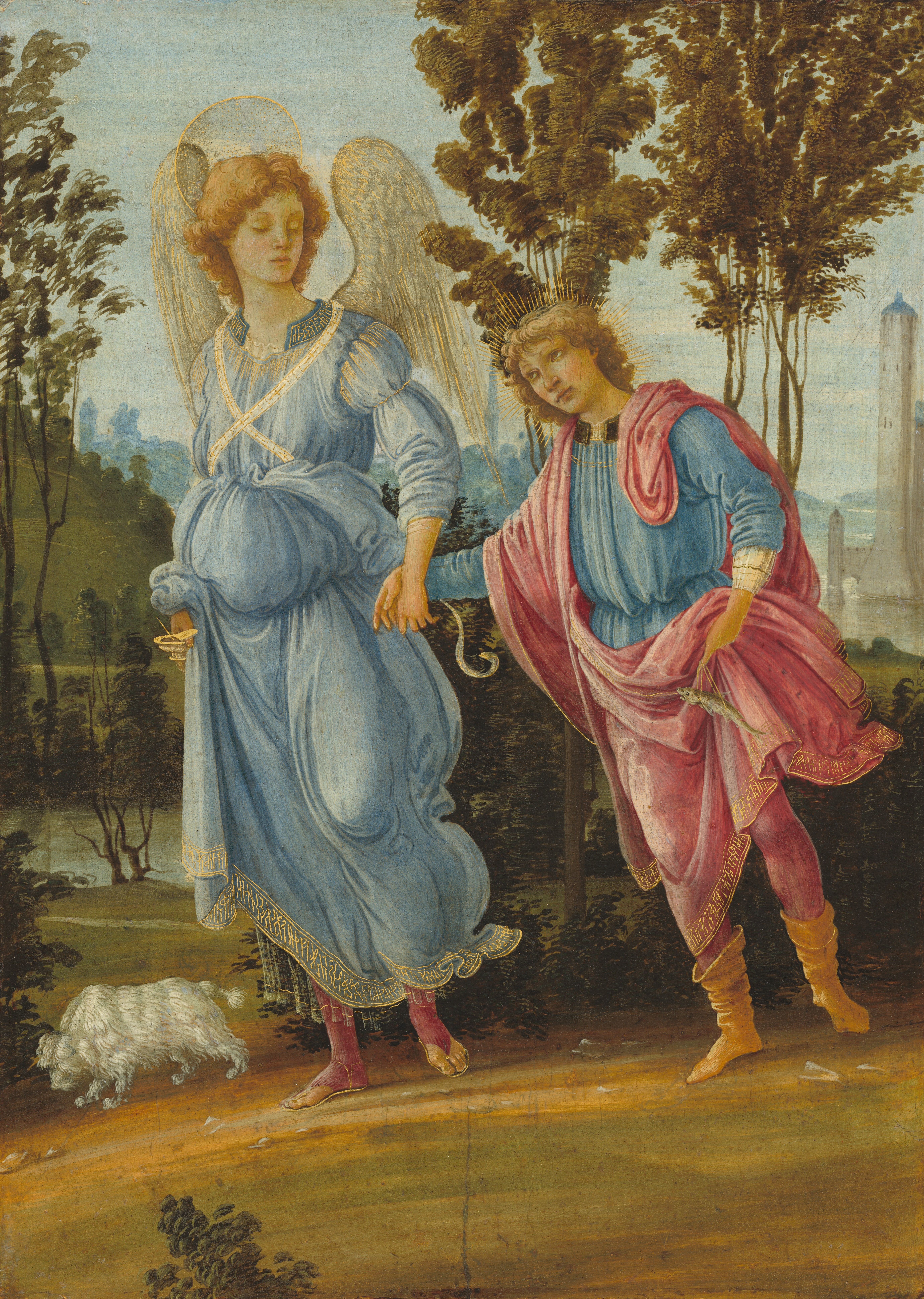|
Halten, Trøndelag
Halten is an unpopulated fishing village in the municipality of Frøya in Trøndelag county, Norway. The village was located on several adjacent islands at the far northern end of the Froan island chain. They constituted the northernmost part of the string of islands north of Frøya, which stretch from Sula in the south to Halten in the north. Halten Lighthouse is located on the island of Halten in the central part of the fishing village. The fishing village primarily was located on the islands of Husøya, Halten, Steinsøya, and Rorsøya. A large breakwater was built to protect the harbour area of the village. The village has had no permanent residents since 1988, but during the summers there are many vacationers and tourists. History The earliest written confirmation of human settlement on Halten is from 1548, and it shows a payment of a charge for access to the islands. However, it is believed that Halten has been made use of much earlier than that. In 1779, Henrik Bo ... [...More Info...] [...Related Items...] OR: [Wikipedia] [Google] [Baidu] |
Fishing Village
A fishing village is a village, usually located near a fishing ground, with an economy based on catching fish and harvesting seafood. The continents and islands around the world have coastlines totalling around 356,000 kilometres (221,000 mi). From Neolithic times, these coastlines, as well as the shorelines of inland lakes and the banks of rivers, have been punctuated with fishing villages. Most surviving fishing villages are traditional. Characteristics Coastal fishing villages are often somewhat isolated, and sited around a small natural harbour which provides safe haven for a village fleet of fishing boats. The village needs to provide a safe way of landing fish and securing boats when they are not in use. Fishing villages may operate from a beach, particularly around lakes. For example, around parts of Lake Malawi, each fishing village has its own beach. If a fisherman from outside the village lands fish on the beach, he gives some of the fish to the village headman. ... [...More Info...] [...Related Items...] OR: [Wikipedia] [Google] [Baidu] |
Store Norske Leksikon
The ''Great Norwegian Encyclopedia'' ( no, Store Norske Leksikon, abbreviated ''SNL''), is a Norwegian-language online encyclopedia. The online encyclopedia is among the most-read Norwegian published sites, with more than two million unique visitors per month. Paper editions 1978–2007 The ''SNL'' was created in 1978, when the two publishing houses Aschehoug and Gyldendal merged their encyclopedias and created the company Kunnskapsforlaget. Up until 1978 the two publishing houses of Aschehoug and Gyldendal, Norway's two largest, had published ' and ', respectively. The respective first editions were published in 1907–1913 (Aschehoug) and 1933–1934 (Gyldendal). The slump in sales for paper-based encyclopedias around the turn of the 21st century hit Kunnskapsforlaget hard, but a fourth edition of the paper encyclopedia was secured by a grant of ten million Norwegian kroner from the foundation Fritt Ord in 2003. The fourth edition consisted of 16 volumes, a t ... [...More Info...] [...Related Items...] OR: [Wikipedia] [Google] [Baidu] |
Islands Of Trøndelag
An island (or isle) is an isolated piece of habitat that is surrounded by a dramatically different habitat, such as water. Very small islands such as emergent land features on atolls can be called islets, skerries, cays or keys. An island in a river or a lake island may be called an eyot or ait, and a small island off the coast may be called a holm. Sedimentary islands in the Ganges delta are called chars. A grouping of geographically or geologically related islands, such as the Philippines, is referred to as an archipelago. There are two main types of islands in the sea: continental and oceanic. There are also artificial islands, which are man-made. Etymology The word ''island'' derives from Middle English ''iland'', from Old English ''igland'' (from ''ig'' or ''ieg'', similarly meaning 'island' when used independently, and -land carrying its contemporary meaning; cf. Dutch ''eiland'' ("island"), German ''Eiland'' ("small island")). However, the spelling of the word ... [...More Info...] [...Related Items...] OR: [Wikipedia] [Google] [Baidu] |
Villages In Norway (depopulated)
A village is a clustered human settlement or community, larger than a hamlet but smaller than a town (although the word is often used to describe both hamlets and smaller towns), with a population typically ranging from a few hundred to a few thousand. Though villages are often located in rural areas, the term urban village is also applied to certain urban neighborhoods. Villages are normally permanent, with fixed dwellings; however, transient villages can occur. Further, the dwellings of a village are fairly close to one another, not scattered broadly over the landscape, as a dispersed settlement. In the past, villages were a usual form of community for societies that practice subsistence agriculture, and also for some non-agricultural societies. In Great Britain, a hamlet earned the right to be called a village when it built a church. [...More Info...] [...Related Items...] OR: [Wikipedia] [Google] [Baidu] |
Holiday Cottage
A holiday cottage, holiday home, vacation home, or vacation property is accommodation used for holiday vacations, corporate travel, and temporary housing often for less than 30 days. Such properties are typically small homes, such as cottages, that travelers can rent and enjoy as if it were their own home for the duration of their stay. The properties may be owned by those using them for a vacation, in which case the term second home applies; or may be rented out to holidaymakers through an agency. Terminology varies among countries. In the United Kingdom this type of property is usually termed a ''holiday home'' or ''holiday cottage''; in Australia, a ''holiday house/home'', or ''weekender''; in New Zealand, a ''bach'' or ''crib''. Characteristics and advantages Today's global short-term vacation property rental market is estimated to be worth $100 billion. The holiday cottage market in both Canada and the UK is highly competitive – and big business. Numbers Unite ... [...More Info...] [...Related Items...] OR: [Wikipedia] [Google] [Baidu] |
Torstein Erbo
Thorsten (Thorstein, Torstein, Torsten) is a Scandinavian given name. The Old Norse name was ''Þórsteinn''. It is a compound of the theonym ''Þór'' (''Thor'') and ''steinn'' "stone", which became ''Thor'' and ''sten'' in Old Danish and Old Swedish. The name is one of a group of Old Norse names containing the theonym ''Thor'', besides other such as ''Þórarin, Þórhall, Þórkell, Þórfinnr, Þórvald, Þórvarðr, Þórolf'', most of which, however, do not survive as modern names given with any frequency. The name is attested in medieval Iceland, e.g. Þorsteinn rauður Ólafsson (c. 850 – 880), Þōrsteinn Eirīkssonr (late 10th century), and in literature such as ''Draumr Þorsteins Síðu-Hallssonar''. The Old English equivalent of the Scandinavian and Norman name is '' Thurstan'', attested after the Norman conquest of England in the 11th century as the name of a medieval archbishop of York (died 1140), of an abbot of Pershore (1080s) and of an abbot of Glast ... [...More Info...] [...Related Items...] OR: [Wikipedia] [Google] [Baidu] |
World War I
World War I (28 July 1914 11 November 1918), often abbreviated as WWI, was one of the deadliest global conflicts in history. Belligerents included much of Europe, the Russian Empire, the United States, and the Ottoman Empire, with fighting occurring throughout Europe, the Middle East, Africa, the Pacific, and parts of Asia. An estimated 9 million soldiers were killed in combat, plus another 23 million wounded, while 5 million civilians died as a result of military action, hunger, and disease. Millions more died in genocides within the Ottoman Empire and in the 1918 influenza pandemic, which was exacerbated by the movement of combatants during the war. Prior to 1914, the European great powers were divided between the Triple Entente (comprising France, Russia, and Britain) and the Triple Alliance (containing Germany, Austria-Hungary, and Italy). Tensions in the Balkans came to a head on 28 June 1914, following the assassination of Archduke Franz Ferdin ... [...More Info...] [...Related Items...] OR: [Wikipedia] [Google] [Baidu] |
Tobias Ulrik Borthen
Tobias is the transliteration of the Greek which is a translation of the Hebrew biblical name he, טוֹבִיה, Toviyah, JahGod is good, label=none. With the biblical Book of Tobias being present in the Deuterocanon/Apocrypha of the Bible, Tobias is a popular male given name for both Christians and Jews in English-speaking countries, German-speaking countries, the Low Countries, and Scandinavian countries. In English-speaking countries, it is often shortened to Toby. In German, this name appears as Tobias or Tobi; in French as Tobie; and in Swedish as Tobias or Tobbe. Tobias has also been a surname. In other languages * Danish, Norwegian, German, Dutch, Swedish, Portuguese: Tobias * Amharic: ጦቢያ (T’obīya) * Catalan: Tobies * Czech: Tobiáš, Tobias * Croatian: Tobijaš * Finnish: Topias, Topi * French: Tobie * Greek: Τωβίας ''(Tobías)'' * Hebrew: Tovia, Tuvya * Hungarian: Tóbiás * Italian: Tobia (name) * Lithuanian: Tobijas * Polish: Tobiasz ... [...More Info...] [...Related Items...] OR: [Wikipedia] [Google] [Baidu] |

.jpg)



